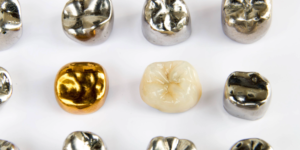
Dental crowns and bridges are essential to modern dentistry, offering effective solutions for restoring damaged or missing teeth.
From enhancing the appearance of your smile to improving chewing function, these dental treatments play a crucial role in maintaining oral health and confidence.
Let’s delve into the world of dental crowns and bridges to discover their benefits and applications.
1. Dental Crowns:
-
- Purpose: Dental crowns, also known as caps, cover damaged, decayed, or weakened teeth, restoring their shape, size, strength, and appearance.
- Materials: They can be crafted from various materials, including metal (such as gold or silver), porcelain-fused-to-metal (PFM), all-ceramic, or zirconia. Each is chosen based on durability, aesthetics, and cost.
- Procedure: Typically, the process involves tooth preparation, impression-taking for custom fitting, temporary crown placement, and, finally, cementing the permanent crown onto the tooth.
- Porcelain bonded crown From £650.00
E-max crowns are a type of all-ceramic dental crown made from lithium disilicate glass ceramics.
They are known for their exceptional strength, durability, and natural appearance, making them a popular choice for restoring damaged or decayed teeth.
E-max crowns are preferred for their translucency, which closely mimics the appearance of natural teeth, resulting in a highly aesthetic restoration.
They are suitable for both front and back teeth and are often used in cosmetic dentistry to create beautiful, lifelike smiles.
E-max crowns are custom-made to fit each patient’s unique dental anatomy, providing a comfortable and precise fit.
Overall, E-max crowns offer a combination of strength, aesthetics, and biocompatibility, making them an excellent option for dental restoration. E-Max Crowns price start from £700
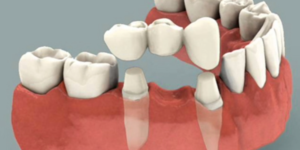
2. Dental Bridges:
- Purpose: Dental bridges replace one or more missing teeth by bridging the gap between adjacent teeth using artificial teeth, also known as pontics.
- Types: Various types include traditional bridges (where crowns are placed on adjacent natural teeth), cantilever bridges (supported by a crown on one side), and Maryland bridges (utilizing metal or porcelain wings bonded to adjacent teeth).
- Materials: Similar to crowns, bridges can be fashioned from porcelain-fused-to-metal, all-ceramic, or zirconia.
- Procedure: The procedure involves preparing adjacent teeth for crowns, taking impressions, fabricating the bridge, and finally, cementing it into place.
Dental bridges can be classified into various types based on their design and method of attachment.
Here are the different names of dental bridges:
Traditional Bridges: Also known as fixed bridges, these are the most common type of dental bridge.
They consist of artificial teeth (pontics) held in place by dental crowns placed on the adjacent natural teeth, which serve as abutments.
Cantilever Bridges: In this type of bridge, the pontic is supported by a dental crown on only one side rather than both sides, as in traditional bridges.
Cantilever bridges are suitable when only one adjacent tooth is available to support the pontic.
Maryland Bridges: Also called resin-bonded or adhesive bridges, Maryland bridges utilise metal or porcelain wings bonded to the adjacent natural teeth rather than dental crowns.
This type of bridge is less invasive as it requires minimal preparation of the adjacent teeth.
Maryland bridge (per unit) From £620.00
Implant-Supported Bridges: These bridges are supported by dental implants surgically placed into the jawbone, eliminating the need for adjacent natural teeth to support the pontics.
Implant-supported bridges are highly stable and durable but require sufficient bone density for implant placement.
These are the main types of dental bridges, each with advantages and suitability depending on the patient’s specific dental needs and circumstances.
Crowns and bridges significantly enhance dental function and aesthetics but require proper care.
Regular oral hygiene practices, including brushing, flossing, and routine dental check-ups, are crucial for maintaining the health and longevity of crowned or bridged teeth.
In dental bridges, artificial teeth are used to replace missing natural ones. These meticulously crafted artificial teeth closely resemble real teeth in appearance and function within the bridge structure.
Explore our comprehensive dental services, which include Dental Crowns and Bridges. Click here to visit our services page and restore your smile today!
Seeking specialized dental implant care? Visit our implant specialist at DHP Dental in Horsham. Click here to schedule your consultation
-
Sale!

Airflow Dental Hygiene Therapy
Airflow Therapy, Dental Care Plans, Health Care, Hygiene, Oral Hygiene, Personal Care, Teeth WhiteningOriginal price was: £150.00.£95.00Current price is: £95.00. Add to basket -
Sale!

Airflow, Hygiene and Whitening Package
Original price was: £340.00.£170.00Current price is: £170.00. Add to basket -
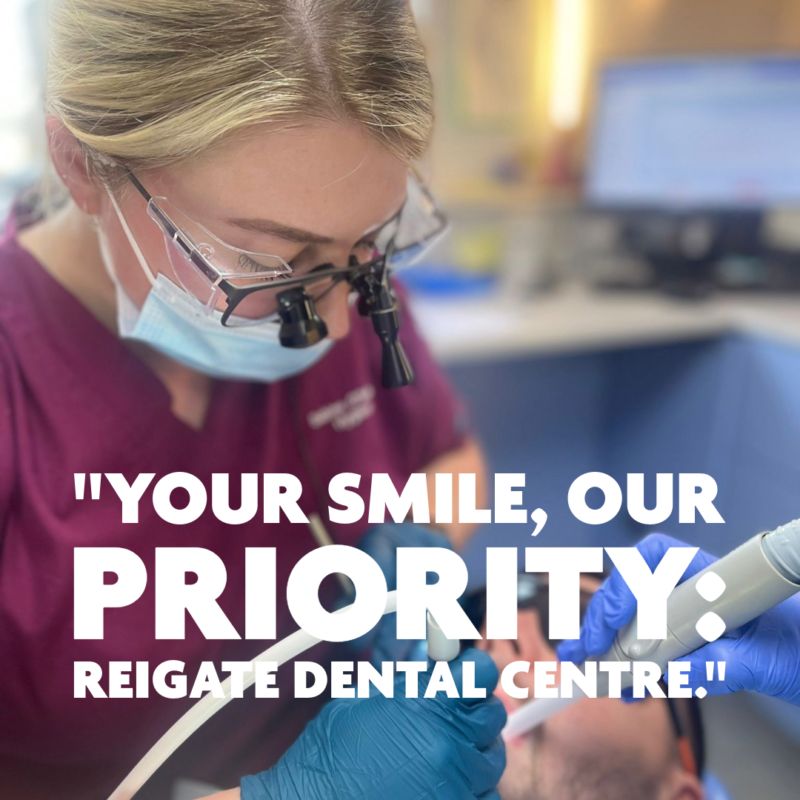
Hygiene 30 Scale & Polish
Airflow Therapy, Beauty & Health, Cosmetic Dentistry, Dental Care Plans, Dental Exams and Cleanings, Dental Hygiene, Emergency Dentistry, Gum Disease Treatment, Health Care, Oral Hygiene£70.00 Add to basket -
Sale!

Invisalign Smile Package
Dental Exams and Cleanings, Dental Hygiene, Health Care, Hygiene, Invisalign, Oral Hygiene, Orthodontics, Personal CareOriginal price was: £333.00.£300.00Current price is: £300.00. / month for 12 months and a £150.00 sign-up fee Sign up -
Sale!

New Patient ES & P
Airflow Therapy, Cosmetic Dentistry, Dental Care Plans, Dental Crowns and Bridges, Dental Exams and Cleanings, Dental Hygiene, Dental Implants, Dentures and Partial Dentures, Emergency Dentistry, Endodontics, General Dentistry, Gum Disease Treatment, Health Care, Invisalign, Oral Surgery, Orthodontics, Pediatric Dentistry, Periodontics, Root Canal Therapy, Sedation Dentistry, TMJ/TMD Treatment, VeneersOriginal price was: £180.00.£130.00Current price is: £130.00. Add to basket -
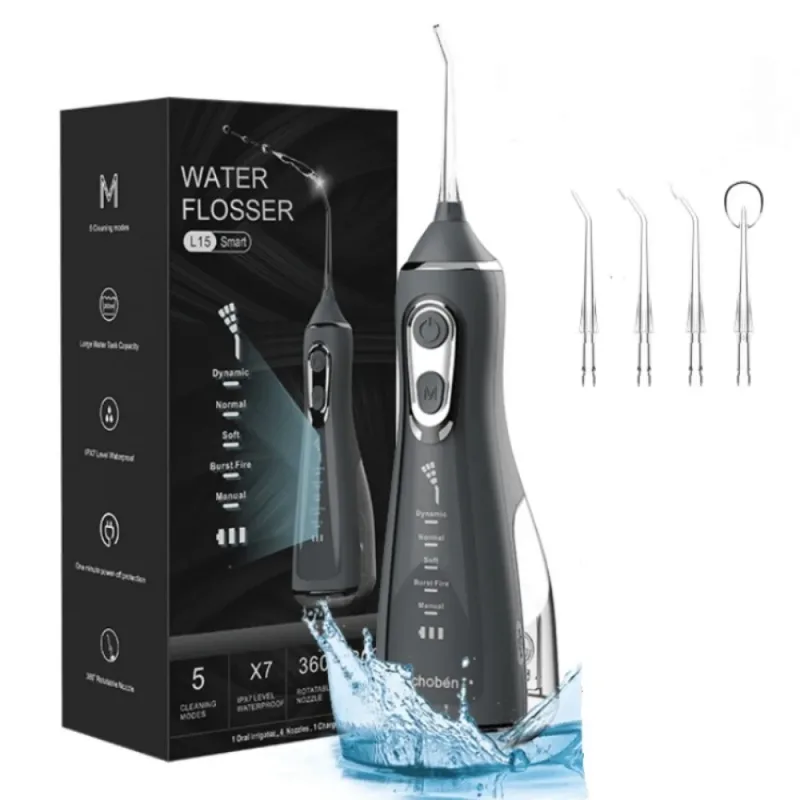
Oral Irrigator USB Rechargeable Water Flosser Portable Dental Water Jet 300ML Water Tank Waterproof Teeth Cleaner For Oral Care
£33.00 Select options This product has multiple variants. The options may be chosen on the product page -

-
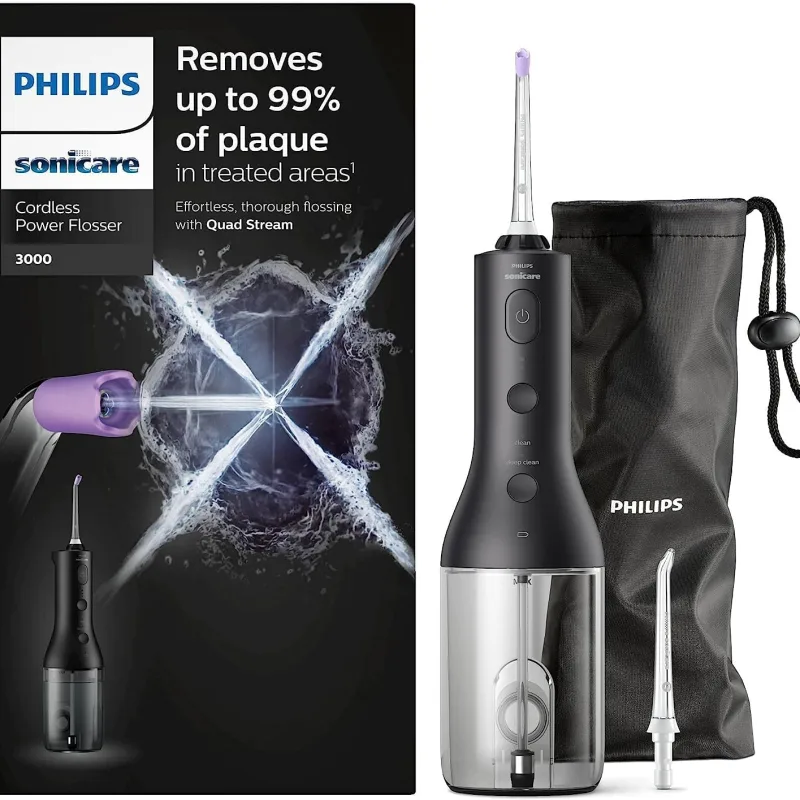
-

-
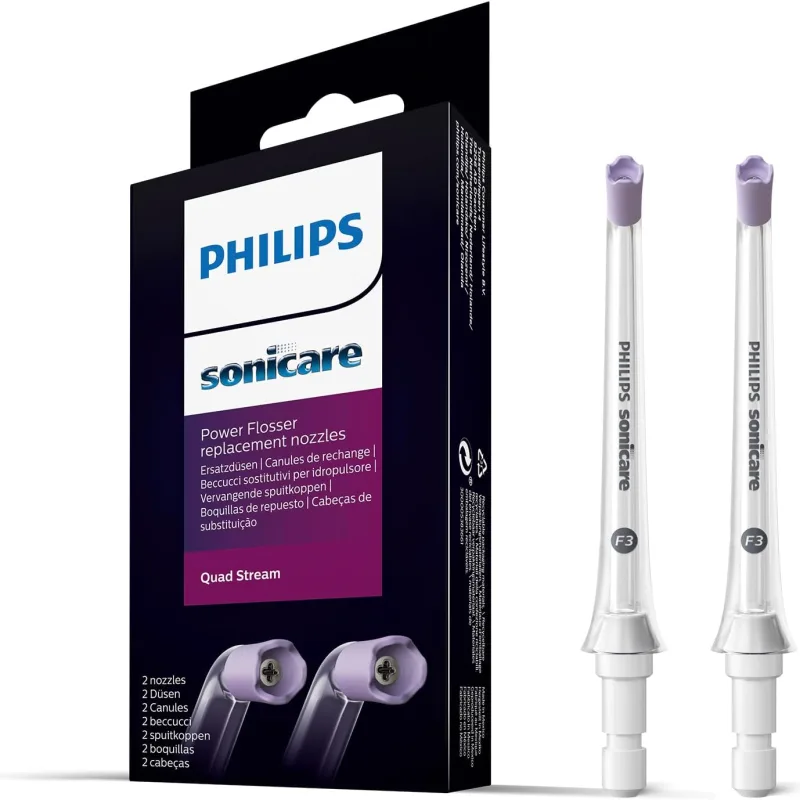
-

-

-

-

-
